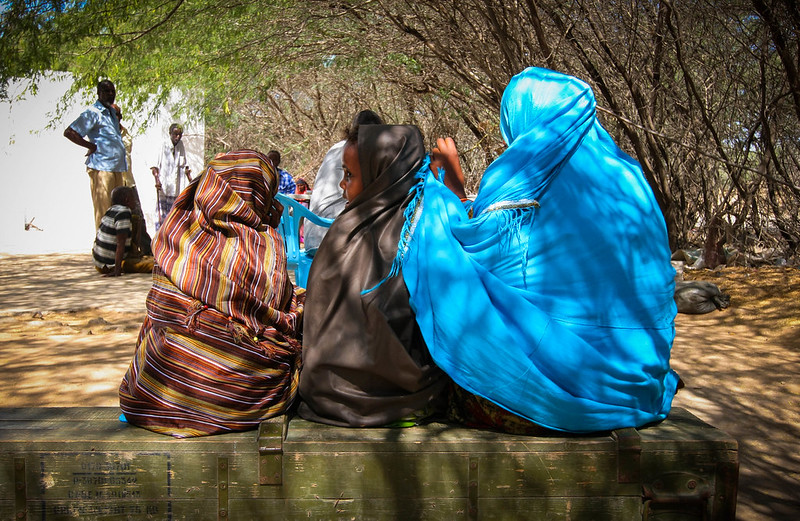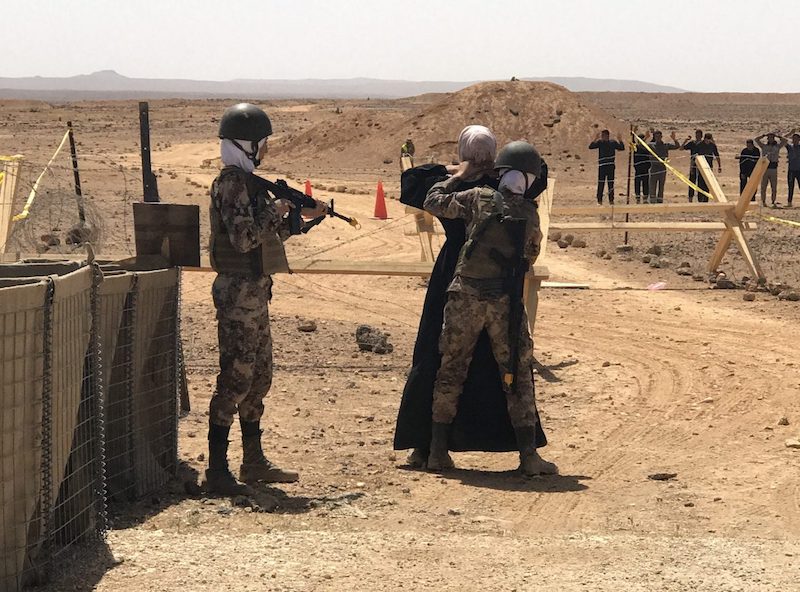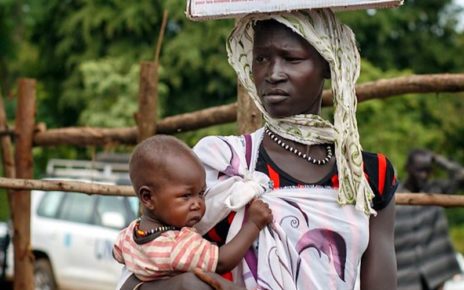A recent news story by the United Nations stated that Al-Shabaab, an insurgent group seeking to establish an Islamic state in Somalia, contributed to a 60% increase in civilian deaths between 2021 and 2022. Due to their violent methods of control, the group exerts a large amount of influence on the Somalian public. Specifically, they have restricted women from leaving the house without a male relative, prohibited them from speaking with both men and women who are not close family, and enforced the abaya as their daily dress. Under Al-Shabaab’s rule, women are policed and their free will is revoked, yet 17% of extremist recruits in Africa are women. What roles do women play in extremist groups and why do they do it?
The level of willingness to be involved with Al-Shabaab varies depending on the circumstances of different women’s lives. Some classify themselves as being true-believers, while others have joined simply to avoid the backlash that resistance might bring. While militant leaders and government officials do not recognize women as fully involved members of Al-Shabaab, many women have tied their identity to belonging to this group and contributing to its terrorist actions. Further, the public’s underestimation of their capacity to pose a threat to public security allows women to more easily execute acts of terror by bypassing government checkpoints, allowing them to reach private spaces that would otherwise be off limits.
Women also become involved with Al-Shabaab by marrying members of the group. This is a lucrative practice due to the increased financial security that it can bring, in addition to an increase in societal status. On the other hand, for the members of Al-Shabaab, marrying multiple women is a strategic decision through which accomplices can be gained. However, behind the pitch for marriage made by Al-Shabaab militants lies the truth – many wives of Al-Shabaab members are under 18 and have been forced into such unions by parental pressure. The marriages often struggle due to Al-Shabaab members’ lack of respect for their wives and consistent absenteeism.
Wives of Al-Shabaab members are also used for recruitment and indoctrination practices, in which they organize lectures and go door-to-door to increase support for the group. They also help fundraise by running businesses that are then used for money-laundering and smuggling. These female entrepreneurial endeavours—increasingly commonplace as decades of conflict have reduced Somalia’s gender balance—allow the women of Al-Shabaab to expand their networks. This also makes them key candidates for gathering intelligence and transporting weapons.
While it is true that some women choose to engage in this work willingly, many are coerced, tricked, and even kidnapped by Al-Shabaab – even if they do not realize it. A common result of this deceit is the forcing of women into becoming sex slaves to grow the next generation of Al-Shabaab fighters. The women endure horrifying conditions while still having to take on domestic roles, such as cooking and cleaning, to support the group. If women are able to escape, they end up alone with no prospects of help from the government, which views “those who went there willingly and unwillingly […] as guilty” says Sureya Hersi of Sisters Without Borders.
To remedy this situation, the United Nations suggests increasing the participation of Somali women in public life. Specifically, they propose codifying a quota for a minimum amount of female representation in Somali politics, potentially halting the demographic’s involvement with Al-Shabaab. However, a deeper investigation into why women are coerced into taking on these roles, how trauma manifests during and after them, and what can be done to ensure that women have access to alternatives should take place. A process as comprehensive as this may be the only way to diminish Al-Shabaab’s influence and push Somalia into an age with a greater number of women’s empowerment initiatives.
Photo: Somali women and girls wait to see a Burundian medical officer serving with the African Union Mission in Somalia (AMISOM) (2013) by AMISOM Public Information via Flickr. Licensed under CC BY-NC-ND 2.0.
Disclaimer: Any views or opinions expressed in articles are solely those of the authors and do not necessarily represent the views of the NATO Association of Canada.




